Shatavari powder is often used in Ayurveda. Ayurveda is a natural medicine practise that has been around for thousands of years. It started in India. Ayurveda tries to keep your mind, body, and spirit in balance with the environment around you.
The roots of the Asparagus racemosus plant are used to make shatavari powder. This is related to the Asparagus officinalis that you can buy at the grocery store, but it's not the same plant. India is where Asparagus racemosus comes from.
Shatavari is an adaptogen herb. Adaptogenic herbs are used to help control the hormones made by the hypothalamus, pituitary, and adrenal glands, even though there isn't a lot of scientific evidence to back up these claims. Shatavari is an adaptogenic herb, which means it can help your body deal with stress and improve your overall health.
Table of Contents
What is Shatavari?
- Many people think of the herb Shatavari, also called Satawar, as a general health tonic. It is also called Asparagus Racemosus, and it helps keep the body's system in check.
- Shatavari, also called Asparagus Racemosus, was first found in 1799. It is a common ingredient in many Ayurvedic medicines. It is called the "Queen of Herbs" because of its unique ability to improve sexual health.
- Shatavari plants can grow to be between 1 and 2 metres tall or long, and they do just as well in well-drained, rocky, or gravelly soils. In Hindi, Shatavari is also called Shatavari, Satmuli, and Shatavari.
How to use Shatavari?
- Honey and milk can be mixed with Shatavari Powder or Shatavari Churna. You can also make a paste out of the same ingredients and use that on your skin. You can get rid of fine lines and wrinkles with its help.
- If you can't handle lactose, you can also mix Shatavari powder or Shatavari Churna with warm water, almond milk, or soya milk.
- Shatavari powder is a herb used in Ayurvedic medicine that helps hair grow. Just mix a tablespoon of Shatavari powder or Shatavari Churna with water and drink it every day.
Nutritional value of Shatavari powder:
Copper, manganese, zinc, and cobalt are just some of the minerals that are found in large amounts in Shatavari roots. It also has a good amount of calcium, magnesium, selenium, and potassium, among other minerals. Shatavari also has vitamins like vitamin A and ascorbic acid, as well as minerals. Shatavari has important fatty acids, like gamma-linolenic acid, in it. Gamma-linolenic acid is very helpful for treating arthritis, type 2 diabetes, high cholesterol, heart disease, depression, and even some forms of cancer.
Health benefits of Shatavari powder:
- The word "shatavari" comes from the Sanskrit language. It means "healer of a hundred diseases" in English. As the name suggests, shatavari is used to treat a long list of conditions.
- Antioxidant. Racemofuran, asparagamine A, and racemose are three antioxidants that come from the shatavari root. Antioxidants can keep your body from getting hurt or sick.
- Antiviral. Shatavari could be used to treat or prevent viral infections because it can kill viruses.
- Boost immune system. Early studies on animals showed that shatavari might make your immune system stronger.
- Treatment for ulcers. Shatavari powder is used to treat gastric ulcers and might stop ulcers from happening in the future.
- Supports lactation. Shatavari powder helps mothers who are breastfeeding make more milk. Shatavari makes your body make more prolactin, which is a hormone that helps you breastfeed.
- Balance hormones. Women use shatavari to treat conditions like polycystic ovary syndrome (PCOS) and infertility that are caused by an imbalance of hormones.
- Lessen the effects of menopause. A small study showed that taking a mix of herbs that included shatavari made hot flashes much less severe.

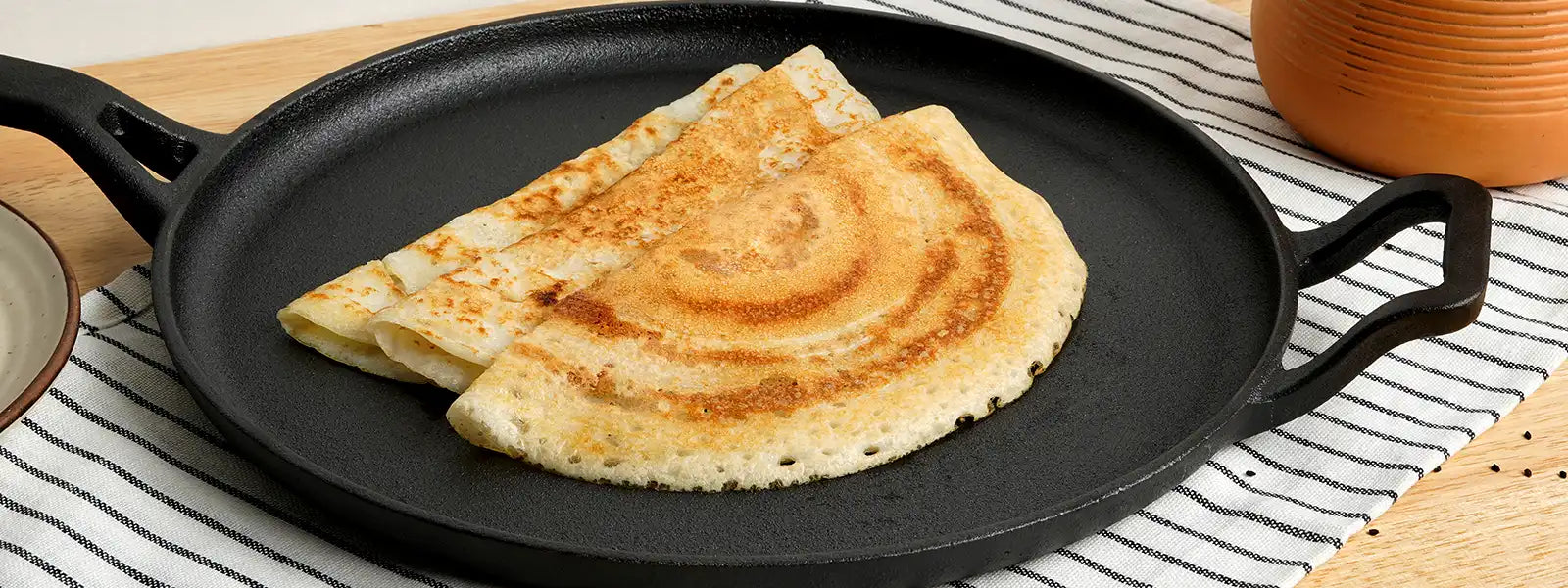

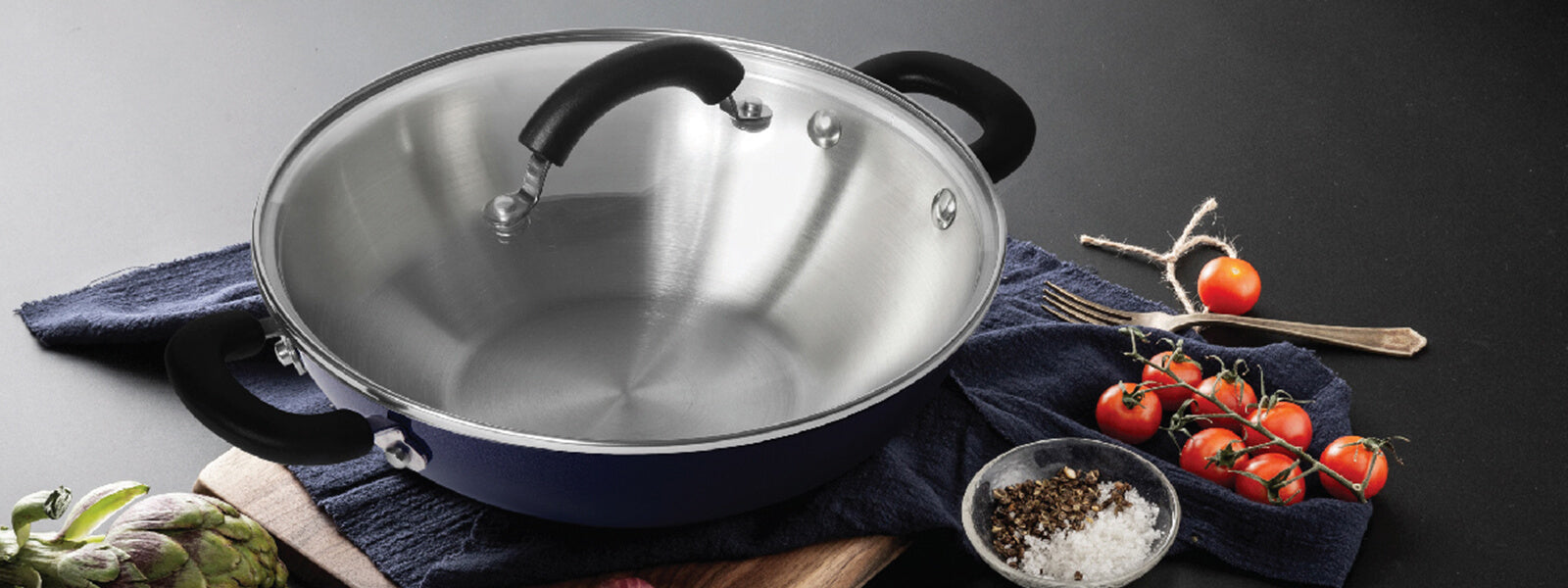
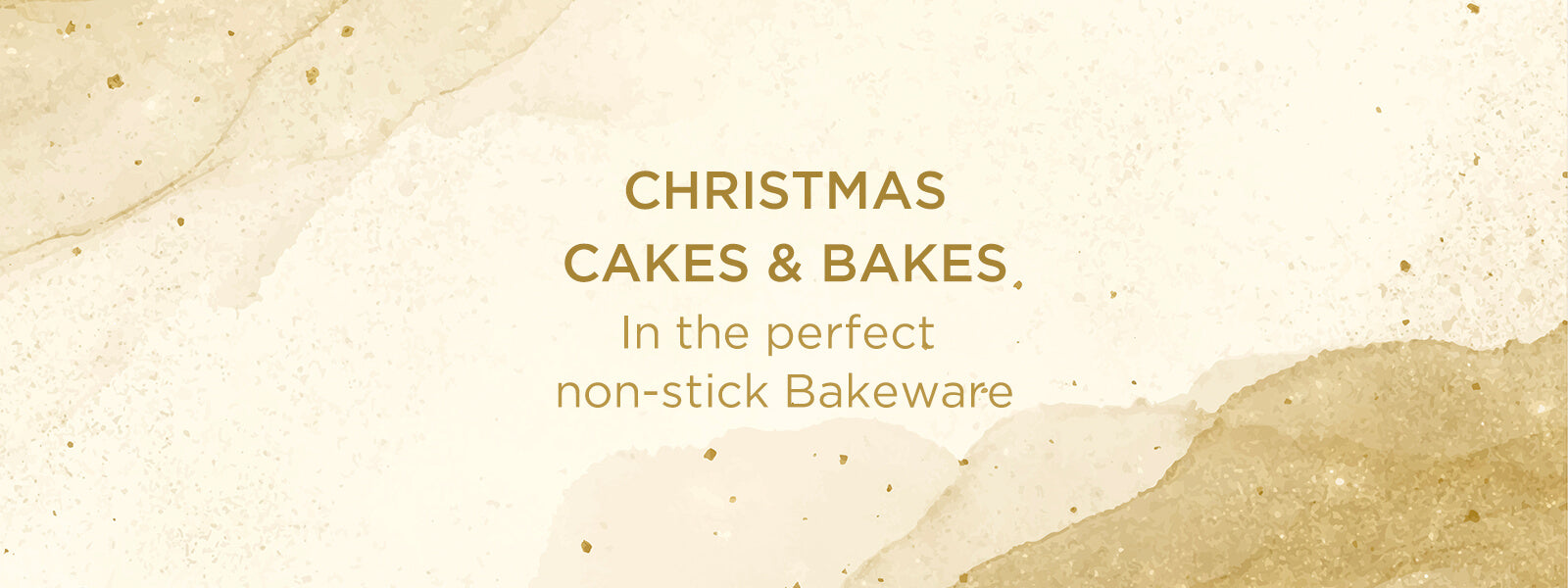
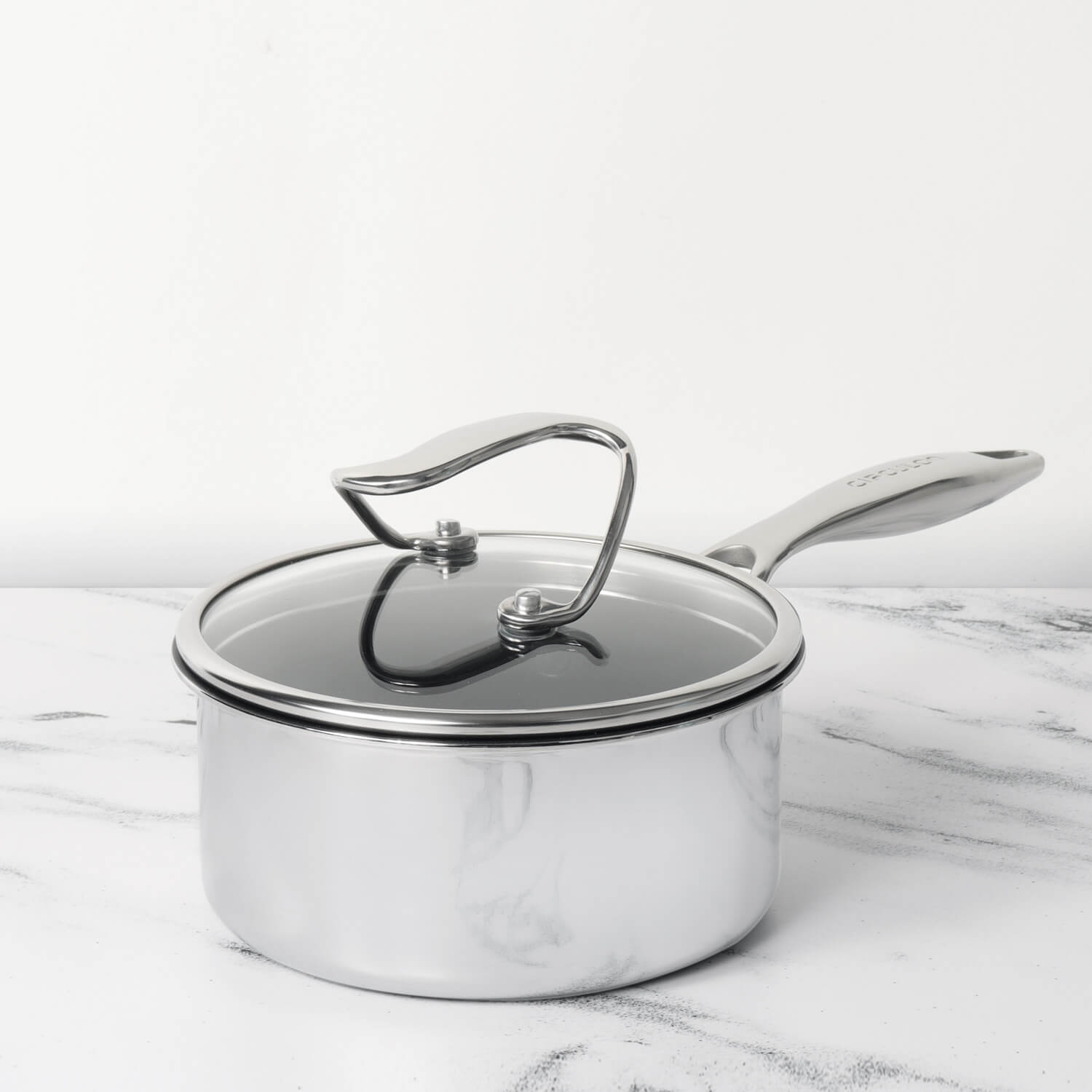
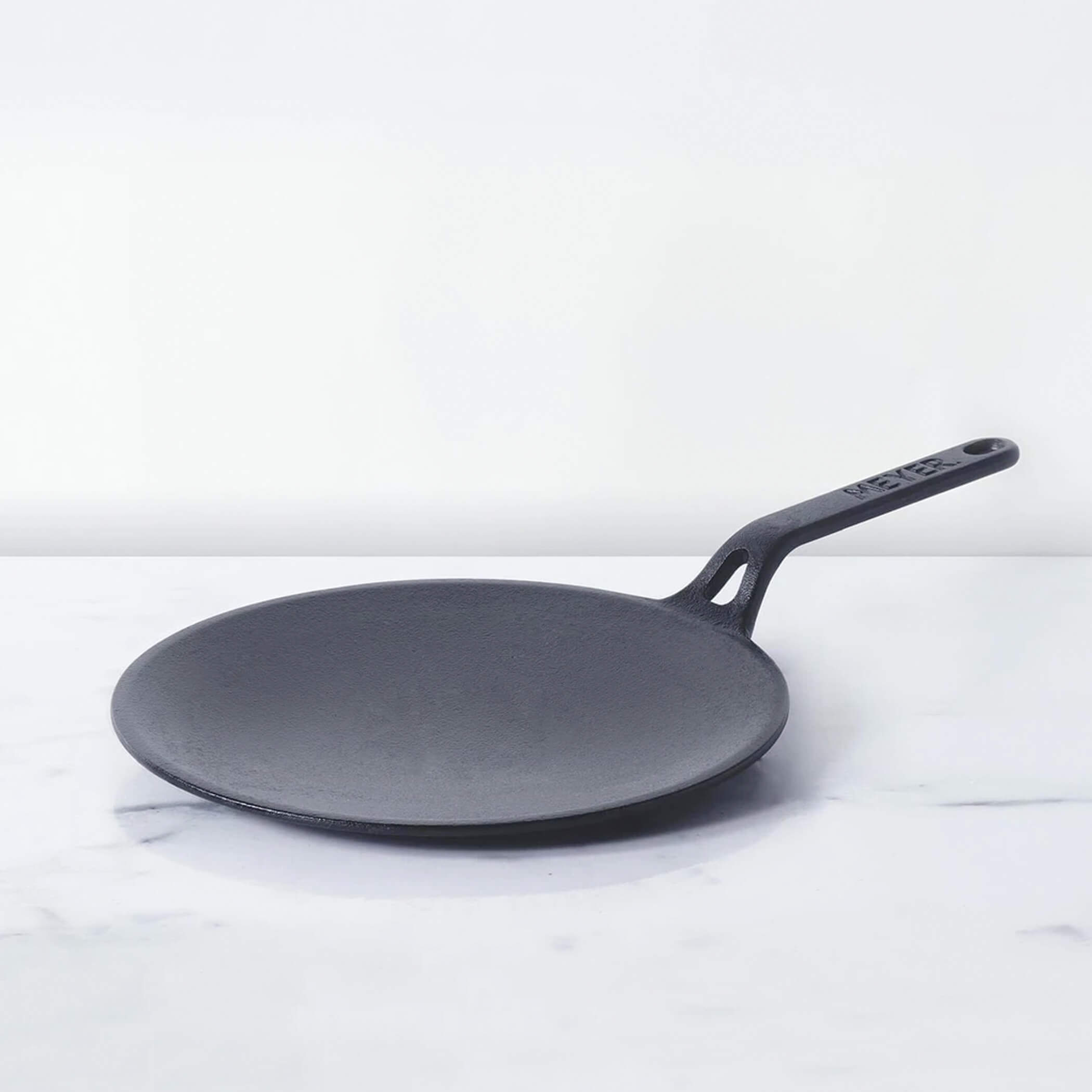




Leave a comment